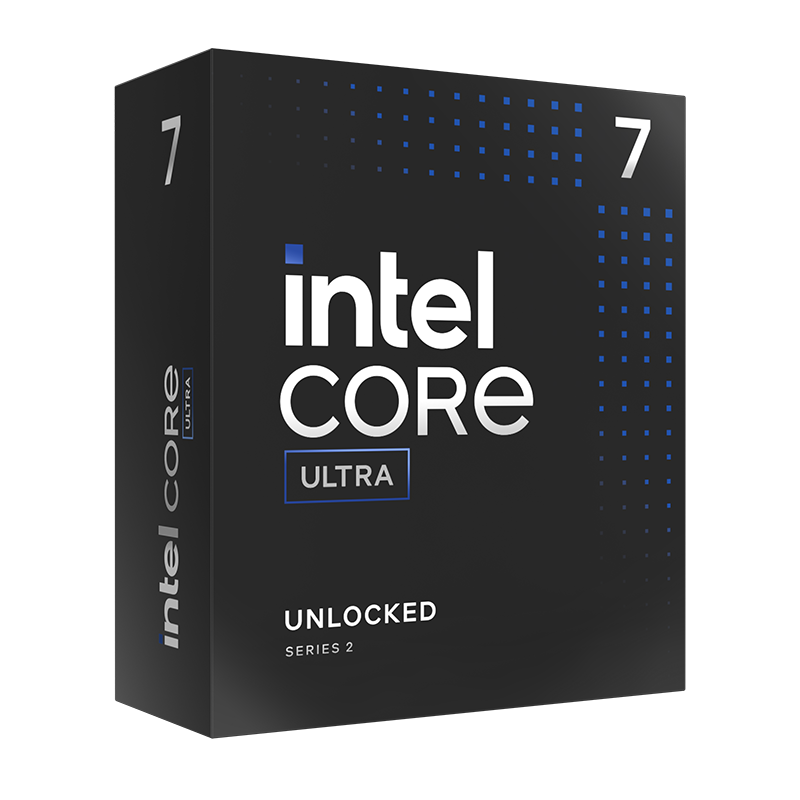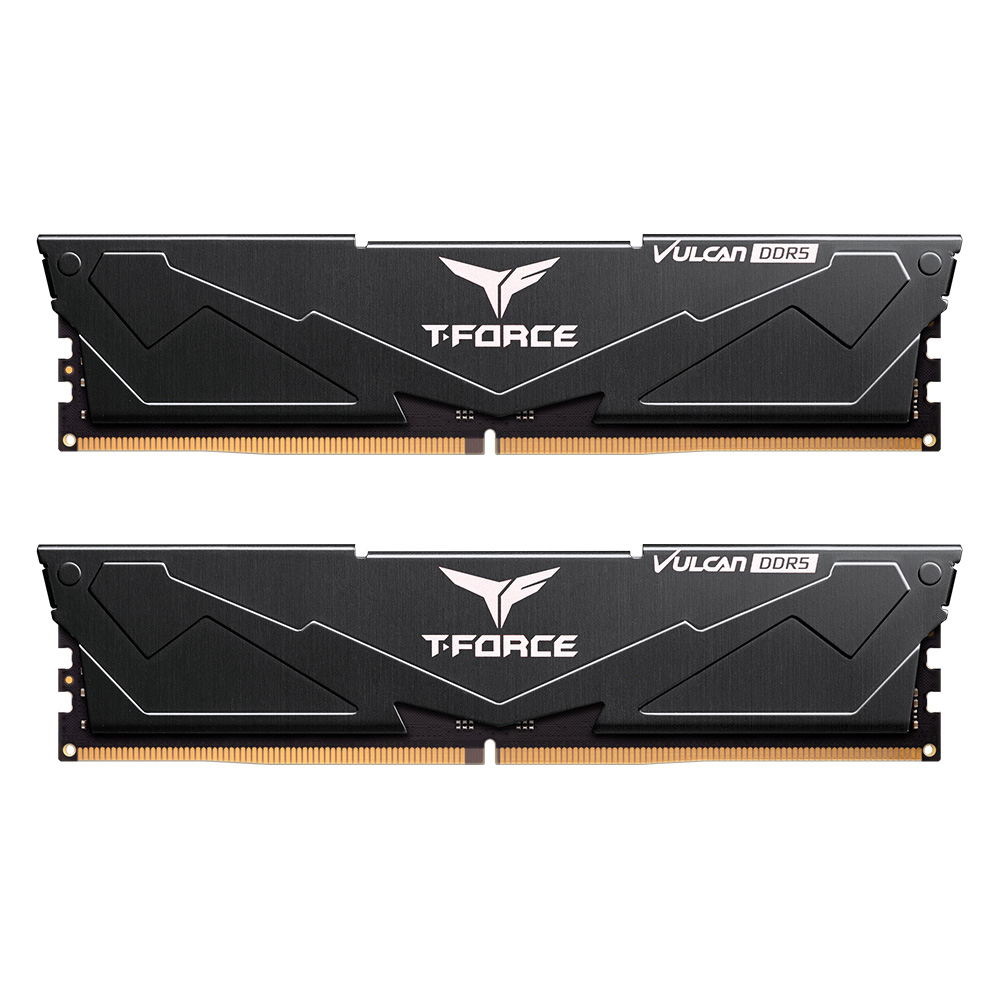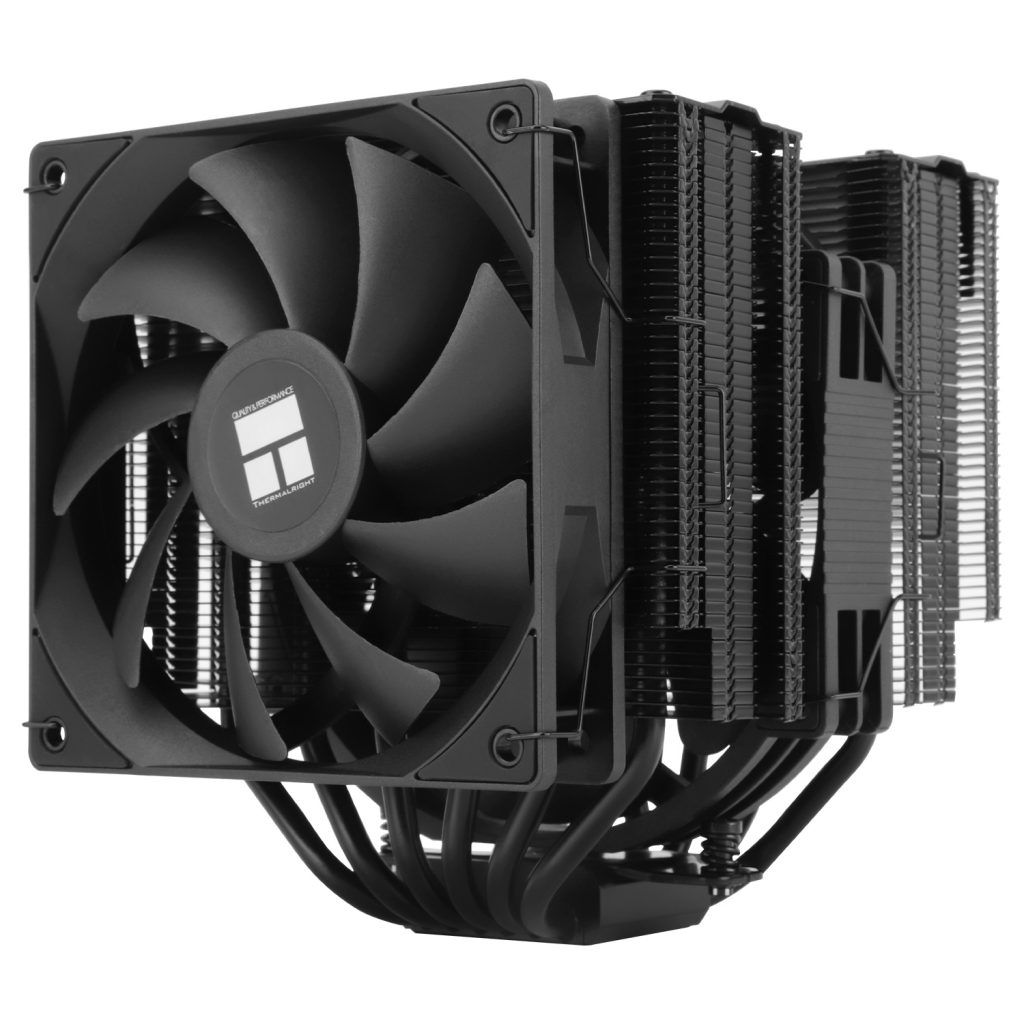I'm mainly looking to upgrade so I'm not playing cat and mouse with Microsoft after bypassing the Windows 11 restrictions. If I can also reduce idle power usage and gain a bit more performance, even better.
Purchase Timeframe: - ASAP / Before October (Windows 10 EOL)
Budget: - £1000 (ish)
Usage:- All hobby / personal projects
- Gaming: Some "competitive" FPS and single-player titles. Primarily 1080p, but UWQHD where high FPS isn't essential
- Image Editing / Graphics Work: Affinity Suite
- Video Editing: Light editing using DaVinci Resolve
- 3D Modelling / CAD: Plasticity, Blender, ZBrush, Fusion 360
Preferences: - N/A
Current Hardware:
- Case: Corsair AIR 540 (keep)
- Processor: Intel Core i7-6800K
- Cooler: Noctua NH-D15 (keep, assuming a mounting kit is available)
- RAM: Corsair 32GB Vengeance LPX DDR4 3200MHz
- Motherboard: Asus ROG STRIX X99
- PSU: EVGA SuperNOVA 850 P2 850W (keep)
- GPU: Sapphire Radeon RX 6700 XT Pulse Gaming 12GB (keep)
- SSD: Lexar NM790 4TB (primary) (keep)
- HDD: WD Red 4TB (local backup of primary) (keep)
- Monitors: Dell S3423DWC (primary) / Acer Predator XB241H (Rocket League)
Peripherals: - No peripherals needed
Special Needs / Requirements (inc Wi-Fi): - Wired connection (10Gbps would be ideal, but 2.5Gbps is sufficient)
Purchase Timeframe: - ASAP / Before October (Windows 10 EOL)
Budget: - £1000 (ish)
Usage:- All hobby / personal projects
- Gaming: Some "competitive" FPS and single-player titles. Primarily 1080p, but UWQHD where high FPS isn't essential
- Image Editing / Graphics Work: Affinity Suite
- Video Editing: Light editing using DaVinci Resolve
- 3D Modelling / CAD: Plasticity, Blender, ZBrush, Fusion 360
Preferences: - N/A
Current Hardware:
- Case: Corsair AIR 540 (keep)
- Processor: Intel Core i7-6800K
- Cooler: Noctua NH-D15 (keep, assuming a mounting kit is available)
- RAM: Corsair 32GB Vengeance LPX DDR4 3200MHz
- Motherboard: Asus ROG STRIX X99
- PSU: EVGA SuperNOVA 850 P2 850W (keep)
- GPU: Sapphire Radeon RX 6700 XT Pulse Gaming 12GB (keep)
- SSD: Lexar NM790 4TB (primary) (keep)
- HDD: WD Red 4TB (local backup of primary) (keep)
- Monitors: Dell S3423DWC (primary) / Acer Predator XB241H (Rocket League)
Peripherals: - No peripherals needed
Special Needs / Requirements (inc Wi-Fi): - Wired connection (10Gbps would be ideal, but 2.5Gbps is sufficient)
Last edited:







 don't tempt me.
don't tempt me.